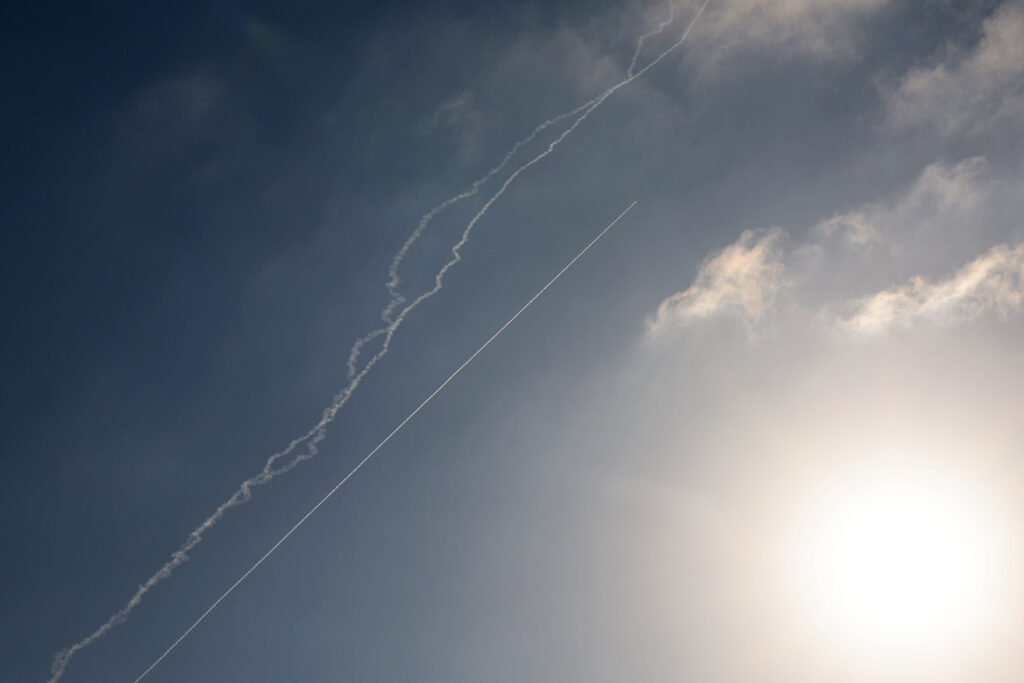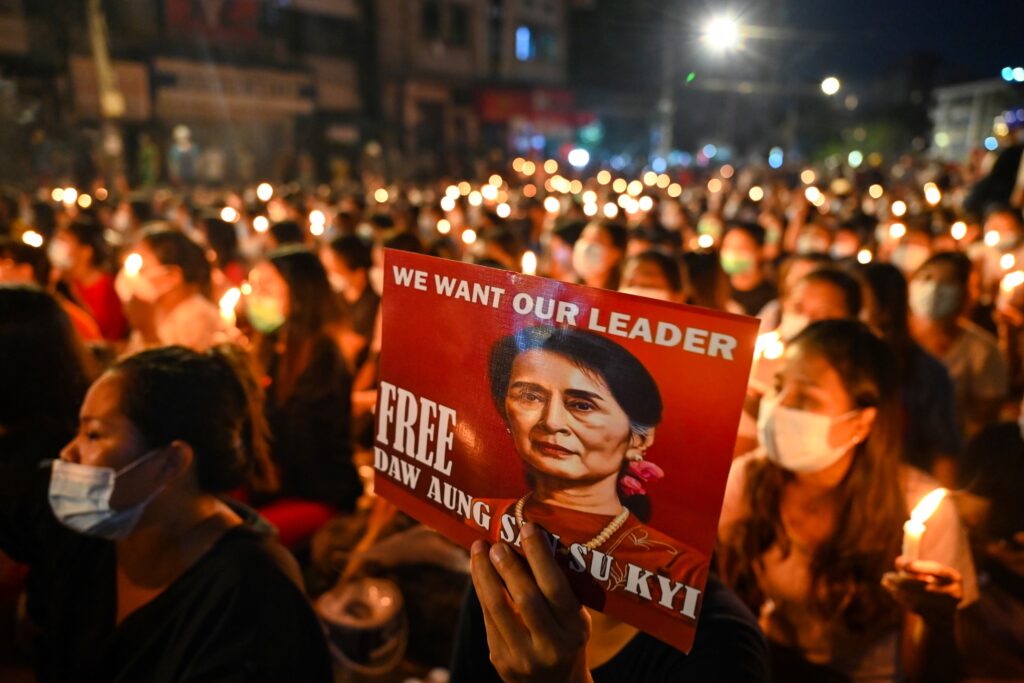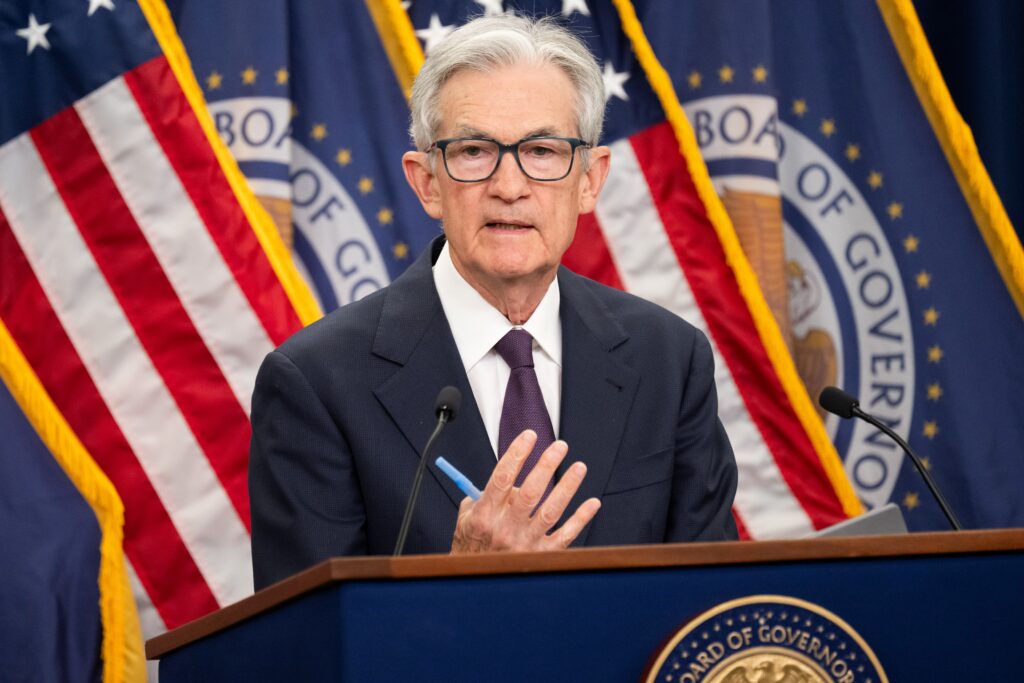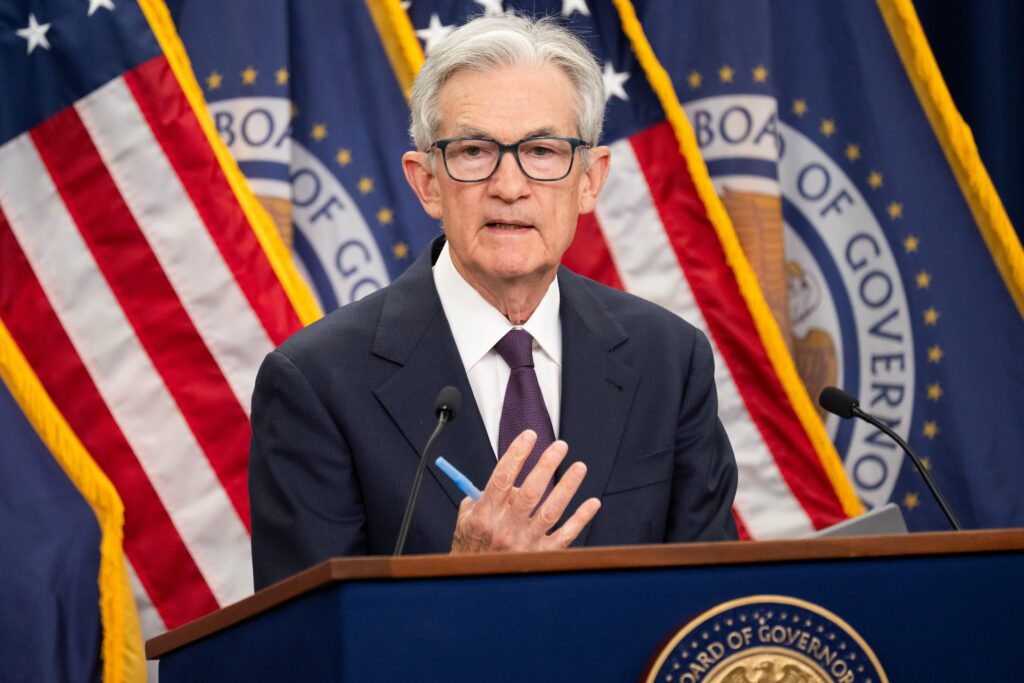Thai PM apologises as crisis threatens to topple government
Thai Prime Minister Paetongtarn Shinawatra apologised Thursday for a leaked phone call with former Cambodian leader Hun Sen that has provoked widespread anger and put her government on the brink of collapse.Her main coalition partner has quit and calls are mounting for her to resign or announce an election, throwing the kingdom into a fresh round of political instability as it seeks to boost its spluttering economy and avoid US President Donald Trump’s swingeing trade tariffs.The conservative Bhumjaithai party pulled out on Wednesday saying Paetongtarn’s conduct in the leaked call had wounded the country and the army’s dignity.As pressure grew on Thursday Paetongtarn, the daughter of Thaksin Shinawatra — Thailand’s most influential but controversial modern politician — apologised at a press conference alongside military chiefs and senior figures from her Pheu Thai party.”I would like to apologise for the leaked audio of my conversation with a Cambodian leader which has caused public resentment,” Paetongtarn told reporters.In the call, Paetongtarn is heard discussing an ongoing border dispute with Hun Sen — who stepped down as Cambodian prime minister in 2023 after four decades but still wields considerable influence.She addresses the veteran leader as “uncle” and refers to the Thai army commander in the country’s northeast as her opponent, a remark that sparked fierce criticism on social media.The loss of Bhumjaithai’s 69 MPs left Paetongtarn with barely enough votes to scrape a majority in parliament, and a snap election looks a clear possibility — barely two years after the last one in May 2023.Two other coalition parties, the United Thai Nation and Democrat Party, will hold meetings to discuss the situation later Thursday.Paetongtarn will be hoping her apology and show of unity with the military are enough to persuade them to stay on board.Losing either would likely mean the end of Paetongtarn’s government, and either an election or a bid by other parties to stitch together a new coalition.- Resignation calls -Thailand’s military said in a statement that army chief General Pana Claewplodtook “affirms commitment to democratic principles and national sovereignty protection”.”The Chief of Army emphasised that the paramount imperative is for ‘Thai people to stand united’ in collectively defending national sovereignty,” it added.Thailand’s armed forces have long played a powerful role in the kingdom’s politics, and politicians are usually careful not to antagonise them.The kingdom has had a dozen coups since the end of absolute monarchy in 1932, and the current crisis has inevitably triggered rumours that another may be in the offing.If Paetongtarn is ousted in a coup she would be the third member of her family, after her aunt Yingluck and father Thaksin Shinawatra, to be kicked out of office by the military.The main opposition People’s Party, which won most seats in 2023 but was blocked by conservative senators from forming a government, urged Paetongtarn to call an election.”What happened yesterday was a leadership crisis that destroyed people’s trust,” People’s Party leader Natthaphong Ruengpanyawut said in a statement.The Palang Pracharath party, which led the government up to 2023 and is headed by General Prawit Wongsuwan — who supported a 2014 coup against Paetongtarn’s aunt Yingluck — said the leaked recording showed she was weak and inexperienced, incapable of managing the country’s security.Hundreds of anti-government protesters, some of them veterans of the royalist, anti-Thaksin “Yellow Shirt” movement of the late 2000s, demonstrated outside Government House Thursday demanding Paetongtarn quit.- Awkward coalition -Paetongtarn, 38, came to power in August 2024 at the head of an uneasy coalition between Pheu Thai and a group of conservative, pro-military parties whose members have spent much of the last 20 years battling against her father.Growing tensions within the coalition erupted into open warfare in the past week as Pheu Thai tried to take the interior minister job away from Bhumjaithai leader Anutin Charnvirakul.The loss of Bhumjaithai leaves Pheu Thai’s coalition with just a handful more votes than the 248 needed for a majority.The battle between the conservative pro-royal establishment and Thaksin’s political movement has dominated Thai politics for more than 20 years.Former Manchester City owner Thaksin, 75, still enjoys huge support from the rural base whose lives he transformed with populist policies in the early 2000s.But he is despised by Thailand’s powerful elites, who saw his rule as corrupt, authoritarian and socially destabilising.The current Pheu Thai-led government has already lost one prime minister, former businessman Srettha Thavisin, who was kicked out by a court order last year that brought Paetongtarn to office.









